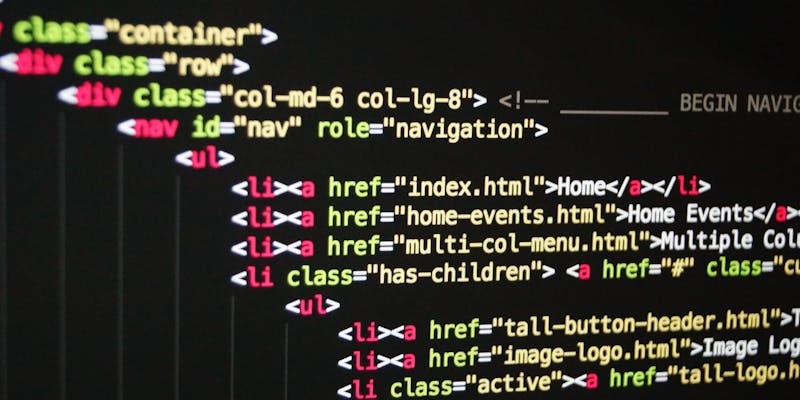The recent cybersecurity breach by the notorious Russian espionage group known as Midnight Blizzard, APT29, or more commonly, Cozy Bear, raises an alarm about the vulnerability of giant tech companies like Microsoft. This group, well-known for its sophisticated cyber warfare tactics, targeted Microsoft’s corporate email systems and laid their hands on sensitive source codes. Such incursions are not mere cybercrimes but are often seen as acts of cyber espionage with potential long-term implications for global security and the integrity of tech infrastructures.
The attack was not an isolated incident but part of a series that began in November of the previous year. It underscores the relentless pursuits of nation-state actors, especially in the digital realm. Microsoft’s experience shows that even the most robust cybersecurity measures can be compromised, posing a worrisome question: Is Microsoft’s cybersecurity truly capable of warding off threats by entities like Cozy Bear?
The Anatomy of the Attack
The initiation of the breach was through a password spray tactic on a non-production test account. This seemingly innocuous entry point was the crack through which Cozy Bear intruded into the depths of Microsoft’s internal communications. They were able to scrutinize the emails of senior leadership and access emails across several departments. The operation’s finesse indicates the attackers were not mere cybercriminals but rather a group with a focused objective related to counterintelligence.
However, their activities escalated as they turned their intentions towards accessing Microsoft’s repositories containing source codes. The implications of such a breach are profound, as source codes are the holy grail of any software company. Compromising these would not only mean a massive security threat but could also lead to the development of new attack vectors against users of Microsoft’s products worldwide. The sophistication of the attack demonstrates Cozy Bear’s capabilities and the expansive nature of the cyber threats faced by Microsoft.
Microsoft’s Response and Cybersecurity Measures
Upon detecting the breach, Microsoft promptly filed with the U.S. Securities and Exchange Commission, reflecting the seriousness of the incident. They also advised potentially affected customers about countermeasures to mitigate the risks. But it wasn’t just about damage control. Microsoft proactively increased its security measures with enhanced controls and improved cross-enterprise coordination to fortify against similar future incursions.
Their action reflects a commitment to transparency and the industry’s ongoing battle against cyber threats. Microsoft’s heightened security posture sends a clear message that defending against sophisticated attacks, like those from Midnight Blizzard, requires evolving strategies and relentless vigilance. With the experience of the infamous SolarWinds supply chain attack and the DNC hack, it is evident that Cozy Bear’s activities are a continuous threat to not only Microsoft but to the security of tech infrastructures globally.
Implications for Global Cybersecurity
Cozy Bear’s theft of sensitive data from Microsoft sets off alarms across the cybersecurity spectrum. This breach, beyond putting Microsoft at risk, signals to smaller entities the urgency of ramping up security. Such nation-state cyberattacks are becoming increasingly refined, necessitating a united front in cyber defense.
The incident involving Midnight Blizzard and its intrusion into Microsoft’s repositories is more than a corporate concern; it’s a wakeup call for the cybersecurity world. Robust collaboration between government and industry in countering cyber threats is no longer optional—it’s essential. This breach is not just an issue for Microsoft but a reminder that safeguarding digital infrastructure is crucial for the collective cyber realm. Despite the uneasy atmosphere this breach generates, it also pushes the security community toward greater vigilance and preparedness in preserving global technological stability.

